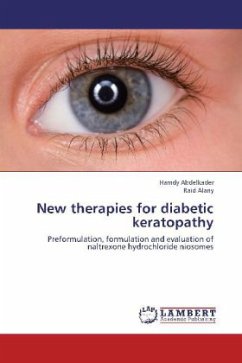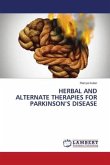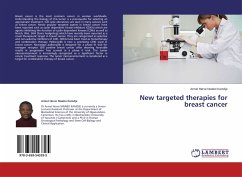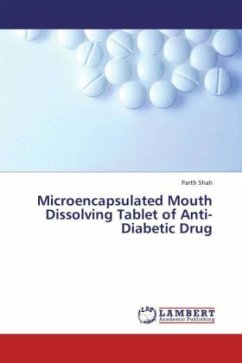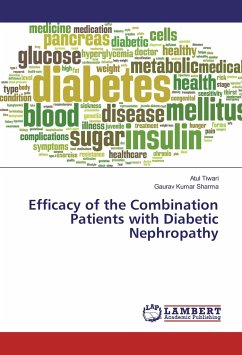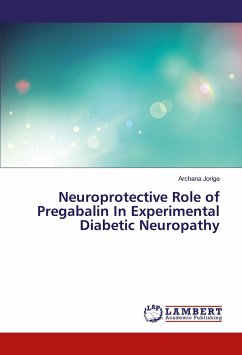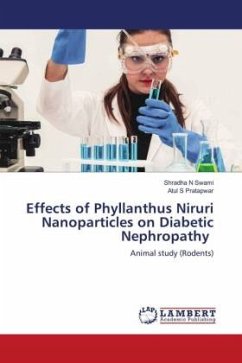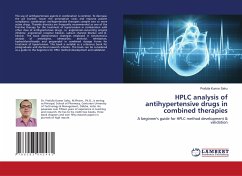Recent reports have demonstrated that topical ocular administration of naltrexone (an opioid growth factor antagonist) is able to reverse the diabetic complications on the cornea (diabetic keratopathy). The topical administration of naltrexone accelerates corneal wound healing, restores corneal sensitivity and enhances corneal epithelialisation in diabetic rats, rabbits and humans. Naltrexone can be considered as a new therapeutic agent for treatment of diabetic keratopathy. To our best knowledge, an ophthalmic formulation has not yet been developed for naltrexone hydrochloride (NTX) nor has it been properly formulated in a liquid dosage form. This book is designed of six chapters. The first chapter includes a general introduction to the major constraints for topical ocular drug delivery, and a review on new therapeutic approaches in treatment of diabetic keratopathy. The second chapter is preformulation studies of NTX and followed by two formulation chapters for niosomes (non-ionic surfactant vesicles). Chapter five deals with evaluation of niosomes for ocular delivery of NTX and finally chapter six presents a general discussion and direction for future research.
